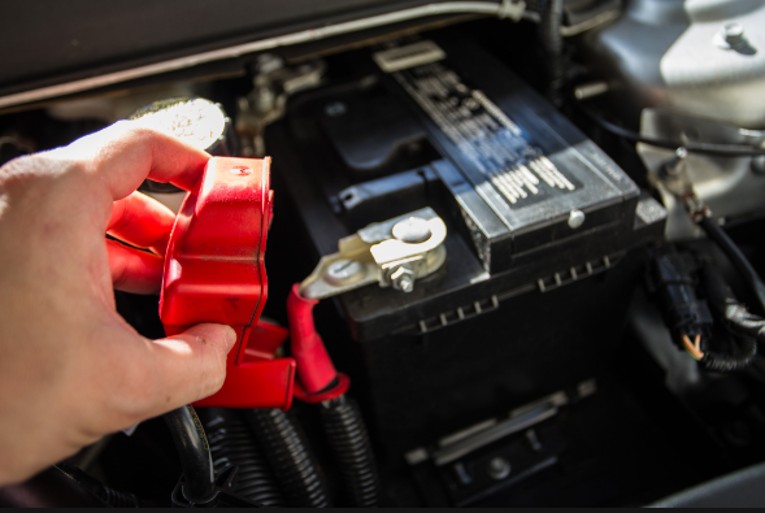NEWS
What Does Battery Acid Do to Your Car?

Your car battery powers the electrical system, allowing the engine to start, radio to play, and air conditioning to cool the cabin. If you have a standard vehicle, it likely has a lithium-ion battery, which contains a chemical mixture called battery acid. While crucial to holding a charge, battery acid is caustic and can wreak havoc if it leaks.
What Causes Batter Acid To Leak?
There are a few reasons your battery may leak acid:
- It’s old.
- It’s overcharged.
- The temperature is extremely low.
Batteries have expiration dates like any other car part. Most only last four years, though that timeframe shortens if you live in a hot environment. Check with your car battery manufacturer to determine how often you should replace it.
Overcharging occurs when you pump too much electricity into the battery. The phasing in of smart batteries has largely solved this problem, as they can indicate a full charge, preventing overcharging. However, if you’re using a regular lithium-ion battery, there’s a risk of bursting the container if you go past the battery’s limits.
Finally, extremely low temperatures can affect the consistency of the battery acid. Battery acid freezes at -94 degrees, so keep your vehicle in a garage if you live in an extremely cold area.
What Does Battery Acid Do to Your Car?
A leaking battery is dangerous for your car. If enough acid has leaked out, your vehicle won’t start, as there’s no electricity to spark the ignition.
More importantly, the acid will damage whatever parts it comes in contact with. It contains sulfuric acid, which easily dissolves metals. Since many car parts are metal, this can cause catastrophic damage to your engine, transmission, and other essential components.
What Should You Do If Your Battery Leaks?
If your car battery leaks, it’s time to get a new one. You’ll need to remove it, which requires utmost caution. Never let battery acid make contact with your skin, as it will burn you. If contact occurs, rinse the area and seek immediate medical attention. Quick action can reduce the damage and prevent infection. To protect yourself, wear heavy-duty rubber gloves, long sleeves, pants, and closed-toed shoes when removing a leaking battery.
Inhaling fumes from a corroded battery is also detrimental to your health. Make sure your workspace is well-ventilated to avoid prolonged exposure. You should also wear a mask and goggles or a face shield.
Once you remove the battery, you must dispose of it properly. Many municipalities consider car batteries toxic waste, so you can’t throw them in the trash, as the leaking acid can damage the environment. Instead, you should drop them off at an automotive store with a battery recycling program or deliver them to a waste processing plant that can handle hazardous material.
Fortunately, it’s relatively easy to replace car batteries. Your neighborhood automotive parts store should carry them, as well as accessories such as East Penn battery acid fluid 1 quart. If you need assistance, don’t hesitate to ask an employee; workers are knowledgeable and happy to share their expertise.










